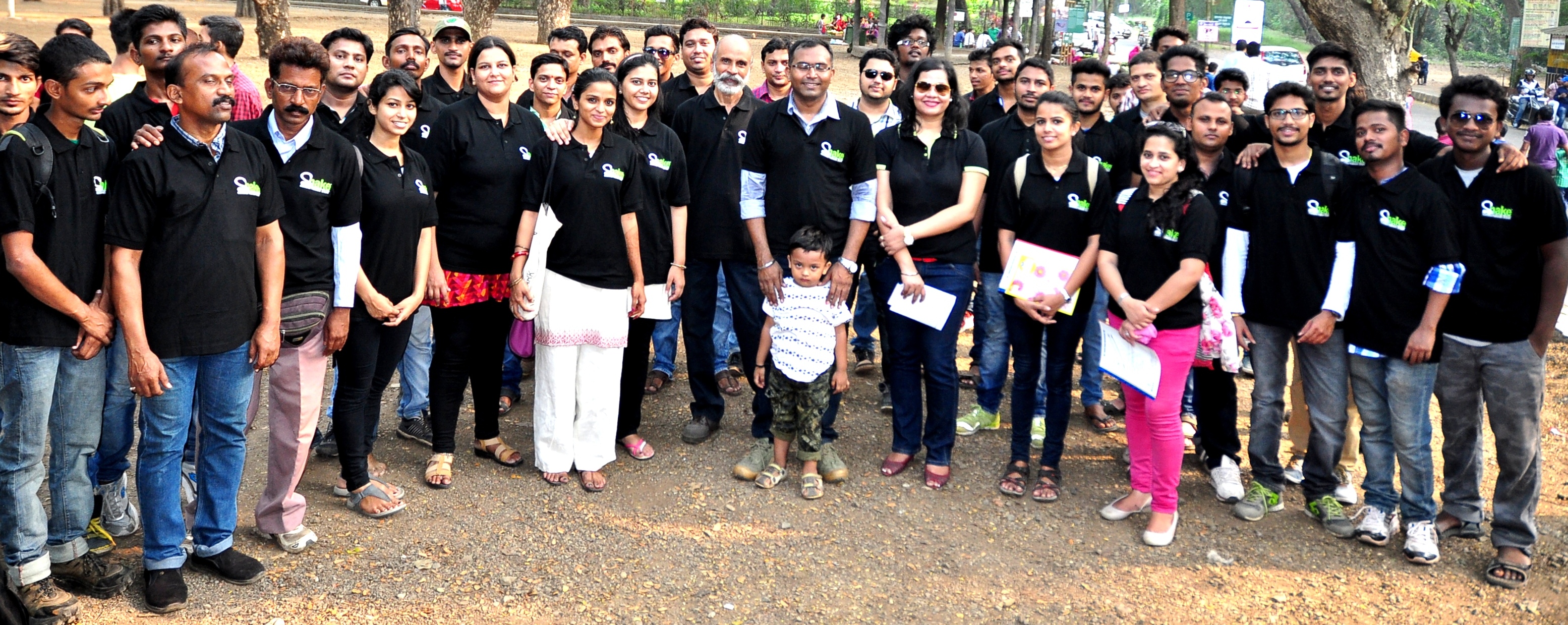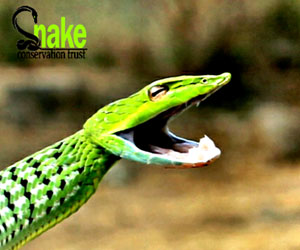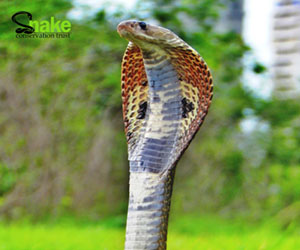SNAKE CONSERVATION TRUST was established in 2014 with the aim of employing professional herpetologists who could dedicate time on scientific projects of reptile conservation. This was a fantastic development and resulted in positive conservation measures. SCT continued to concentrate primarily on the conservation of rare herpeto fauna such as Snakes, Pythons, and Monitor Lizards, smooth snakes, frog and toads and since the inception members of SCT were encouraged to carry out monitoring and habitat management & restoration of reptiles and to carry out measures to prevent Reptile – Human Conflicts in India.
SNAKE CONSERVATION TRUST (SCT)

SNAKE CONSERVATION TRUST is country’s leading hereto fauna conservation organization SCT Members are encouraged to provide the education to general public on reptile ecology, Management of Reptile – Human Conflicts, Reptile Biodiversity & Indian Herptiles Conservation, Habitat Management.

WOMEN HERPETOLOGISTS GROUP
Women Herpetologists Group is an initiative of Dr. Madhurita Gupta, Ecologist, Wildlife conservationist, Wildlife Veterinarian and President of SNAKE CONSERVATION TRUST. In a bid to engage communities living near protected area she made this local all women group of herpetologist and is putting them through an Continuous Professional Development on the science of Snake Conservation.
“Dr. Madhurita Gupta believes in working together as a community where people need to open their minds & hearts and accept the women as a part of culture and future for conservation of wildlife of India”
MISSION

- To use of Science, Technology, Research, Education and Advocacy in Herptile conservation
- To develop the effective communication with General Public, Concerned Authorities and Forest Department.
- Education & Awareness Programmes
SNAKE CONSERVATION TRUST is managed by a board of trustees with a wide variety of experience and a Managing Committee with senior management team with varied professional backgrounds. A team of experienced staff deliver conservation and education projects across the India, supported by the administration team. We also have a board of external advisors with expertise in a range of fields. Finally, SCT is supported by dedicated volunteers who work on every project and in our offices to help us deliver results for our reptile conservation initiative.
STRATEGIES

- We identify the threats to snakes and try to provide alternative for the conservation
- We extend our link with Universities, Research Institutions and Key Technology Centres to support our research
- Habitat Restoration and Long term Management
- Biodiversity Research on Reptiles
- Work internationally in partnership for Herpetofauna Conservation.
- We conduct educational & awareness on Reptile – Human Conflicts in Urban Area
Research is a unique and important component of the SNAKE CONSERVATION TRUST — and the MYVETS CHARITABLE TRUST & RESEARCH CENTRE as a whole. It is what sets us apart in our field. By using a strong, science-based approach to our research projects, our researchers are able to do breakthrough research in Reptile Biodiversity Study along with Education Outreach efforts, all decisions toward the conservation of this important Threatened species is vetted by sound science. We are studying the status of Indian Snakes and assessment of conservation threats & Conservation of Herpetofauna Research
REPTILE – HUMAN CONFLICT MANAGEMENT
The mission of the Snake Conservation Trust is to apply scientific knowledge, technology and expertise to resolve Reptile – Human Conflicts by developing strategies and methods to address reptile –human conflicts for the safety of the reptile as well as the humans and most importantly for the conservation of threatened and endangered species
Snake Conservation Trust uses sound understanding of the biological and behavioural characteristics of the reptile involved to address Reptile – Human Conflict Mitigation in India via reinforcement of strategies for successful outcome wherein we ensure to gain community support, coordinated approach with forest department to resolve the issue by reducing the response time during the conflicts. The future success of Reptile Biodiversity damage management depends on developing new technologies for the conservation of the reptile species as well as by community level education about the reptile species and their conservation value in ecosystem balance.
